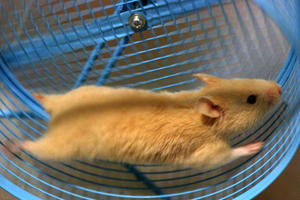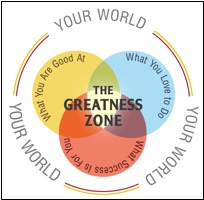One of my Vistage groups decided to read the book “The E-Myth Revisited” by Michael E. Gerber. Reading the book had a significant impact on most of the members, helping them to understand why some of them are still working so hard in their business and having less time than they’d like working on their business and having a life outside of work. I had read the book many years ago and realized once again how relevant some of the concepts are to business owners and leaders within companies.
Many business owners and leaders start out as technicians – they are very good at something. They continue to do a good job and, in some cases, decide to start a business that does that very thing. However, they often become trapped, because they have not established the proper vision and systems with which to grow the business. They just continue to work harder and put in more hours thinking that eventually they will reach the point where the business will thrive. They hire positions that they need now, without considering what they will need in the future. They are so busy working in the present, that they are not clearly seeing the future and working toward that vision.
For businesses that are larger and have some systems and processes in place, the book is still a good reminder of how to get your leaders to continue to develop themselves and their leadership skills. And if you are having trouble hiring great people because they cost more than you can justify paying, you may want to consider how you could create better processes, training and systems so you can hire lower level employees and allow them to succeed.
If you feel a bit like a hamster on a wheel, running as fast as you can and not getting anywhere, you may want to consider looking at your business differently by reading a book such as “The E-Myth Revisited”.
Photo by: Zebra Pares / Foter / CC BY-NC-SA










